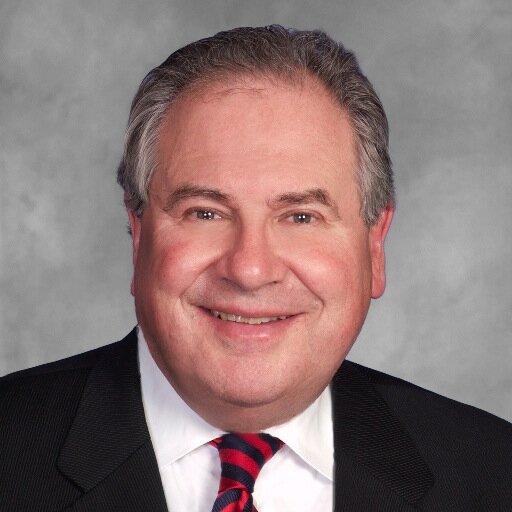BOSTON (AP) — The Massachusetts House has approved a spending bill that closes the book on the last fiscal year, which ended in July.
The measure approved by a unanimous vote Wednesday includes more than $200 million in Medicaid payments that House leaders said were tied to the breakdown of the state’s health connector website in 2013 and 2014.
The bill, which now goes to the Senate, also provides $27 million to help combat the heroin overdose crisis and funds contracts recently negotiated with unions at the University of Massachusetts.
In all, House Ways and Means chairman Brian Dempsey says, the plan calls for $248 million in net state spending, after federal reimbursements.
The bill would also return $75 million that had previously been withdrawn from the state’s so-called rainy day fund.
The bill builds on four years of increased funding in DCF, and significant funding made last year for caseload management and technology improvements. It provides $7 million in new money for caseload, immediate staffing and training needs. Given the state’s ongoing efforts to ensure the Commonwealth’s children are safe, the legislation also requires DCF to report any new policies, procedures or guidelines executed over the past year by November 17, 2015.
“I’m proud that through this legislation the House is enhancing its efforts to support our most vulnerable citizens, particularly children and those battling substance addiction,” said House Speaker Robert A. DeLeo (D-Winthrop). “By making critical investments while reinvesting in Massachusetts’ rainy day fund, the supplemental budget positions the Commonwealth for economic growth and helps us address the most pressing challenges facing the state.”
This $360.3 million spending bill highlights the House’s ongoing commitment to fiscal prudence by reinvesting $75 million in Massachusetts’ stabilization fund. The House’s focus on the stabilization fund has helped the state reach its AA+ bond rating, the highest in the Massachusetts’ history.
The Legislature continues to provide record-level funding to confront the substance abuse epidemic. The budget allocates $29.5 million for substance addiction programs, including $27.8 million to reflect initiatives proposed by Governor Baker’s Opioid Working Group and $1.7 million for a detox pilot program for the Essex County Sheriff’s Department.
The spending bill also provides:
• $15.2 million for residential recovery beds;
• $5.8 million to move female patients from MCI-Framingham to a DMH facility;
• $3.8 million for substance abuse prevention curricula;
• $3 million for MassHealth substance abuse treatment and prevention.
Additional healthcare funding includes:
• $11 million for disproportionate share hospitals and $8.2 million for the delivery system transformation initiatives trust fund which traditionally serve residents in economically disadvantaged communities.
Following last year’s gun safety legislation, which has been hailed as the strongest in the nation, the legislation provides $150,000 for a follow-up study to assess successes and any challenges in implementation.
The House did not include the Baker Administration’s proposal to narrow eligibility for emergency housing programs. While the House regards prevention initiatives as essential to confronting homelessness, it also believes that emergency shelter is a necessary component to helping families achieve stability.


